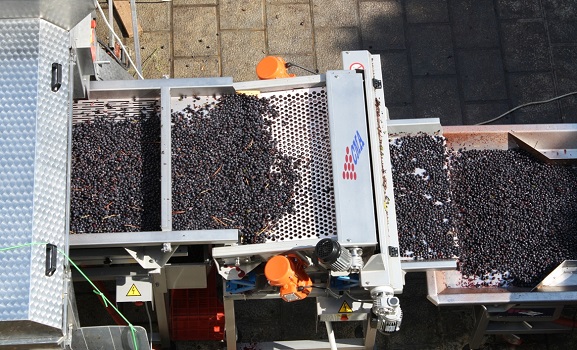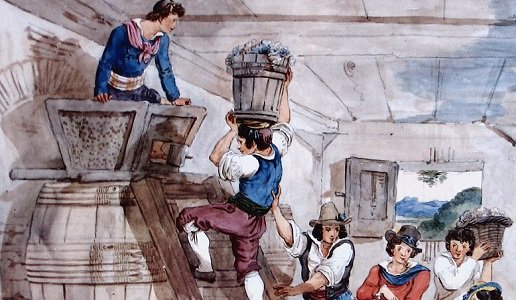What is the attraction of defective wines, which are considered to be authentic, compared to technically well-made wines that are seen as the antithesis of rural culture?
During a recent press tour, I noticed how some of my younger colleagues paid exaggerated attention to the “story” of producers and what they considered “old-style” wines. These are wines with clear imperfections, especially aromatic, with high levels of volatile acidity and scents from Brett which are exalted in the name of being natural and traditional, without human intervention, the product of authentic farming practices, of bringing back old clones and so on.
At the same time, efficient, technically evolved wineries, which make absolutely wonderful wines, are seen as producing wines that either have no character or are even enemies of “rural culture”. What is the attraction of a culture that in the past produced famine, few prospects for the future and questionable wines that were rarely good? And why is it that methodology, science and acquired knowledge are viewed with suspicion, seen as the destroyers of ancient and healthier wisdom? Why is it that we have fallen into the trap of pitting science against faith?
 I believe this is rooted in a generational unease caused by the lack of personal certainties, job security and unifying values. The destruction of the social values of the past (some of which can be criticized, others improved), which have not been replaced with equally shared values, has led to a “victory” of a society based on consumerism and a culture of personal assertion “at any cost”. This manifests itself in the need to belong to a consumer group that stands out – and wants to be recognized for – for what one has more than what one thinks or for shared moral and social values.
I believe this is rooted in a generational unease caused by the lack of personal certainties, job security and unifying values. The destruction of the social values of the past (some of which can be criticized, others improved), which have not been replaced with equally shared values, has led to a “victory” of a society based on consumerism and a culture of personal assertion “at any cost”. This manifests itself in the need to belong to a consumer group that stands out – and wants to be recognized for – for what one has more than what one thinks or for shared moral and social values.
Intermingled with this is a strong decline in buying power and access to the job market for young people who find themselves in a difficult psychological condition that is often coupled with a feeling of inadequacy. Furthermore, those who are more affected by this are attracted to groups that set high goals that are not exactly feasible and, above all, achievable. This, in turn, increases the need to belong to a group, without questioning it and based on blind faith, which makes them feel useful but which, in reality, limits their potential and ability to improve themselves.
Together with a system of values, also under attack in recent years, unfortunately also in schools, is the culture of “memory and identity” as was brilliantly highlighted in a book by the late Pope John Paul II. His warning was ignored by many who saw it only as an attempt to counter the process of globalization but which was, in reality, an alarm raised against the “globalization of thought” for the most part from those close to the Church. Faced with such an ambivalent future, full of uncertainties and difficulties, it is quite natural that one seeks a refuge to avoid despair and this refuge for some may be found in the past and rural culture, which is still rooted in natural cycles, which abide by the laws of cause and effect and where everything seems in order, unchangeable and with clear values.
In regard to wine, this has consequences and can lead to rejecting science that – I hope only for a few – some believe has upset the balances of nature and led to mass production and the standardization of products.
It is easy to blame science for this because it has to be studied and is not easy to understand. And there is a lack of qualified people who can explain science (in Italy they need more people like the late Piero Angela and his son Alberto). People who make it clear that greater knowledge is not a hindrance to the winemaking community but rather serves as a springboard towards enhancing the quality of winemaking in Italy with new standards. Unfortunately, it is easier to resort to unquestioned beliefs and dogmas rather than tackle one’s own fears through approaches that can be complex and difficult on both on an intellectual and psychological level.




